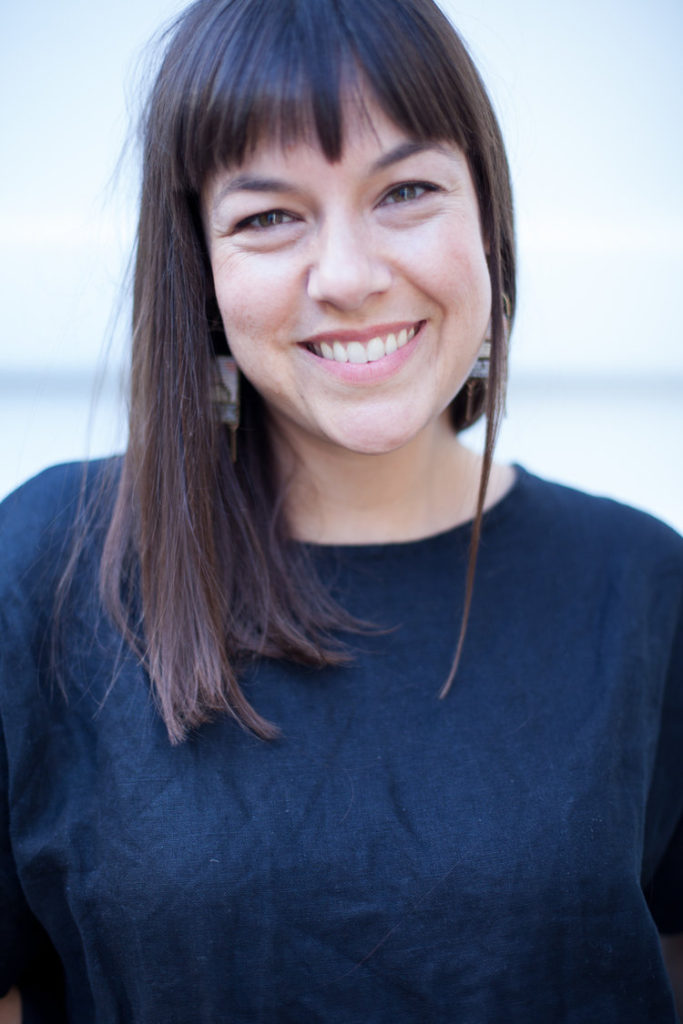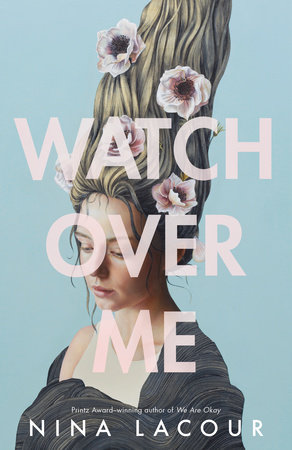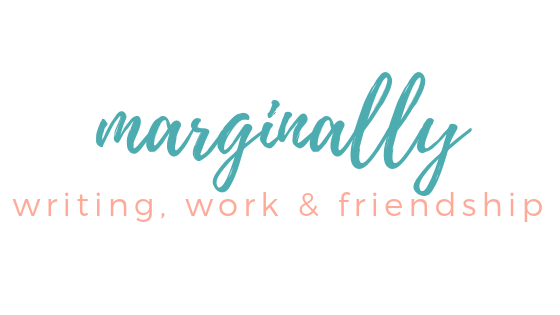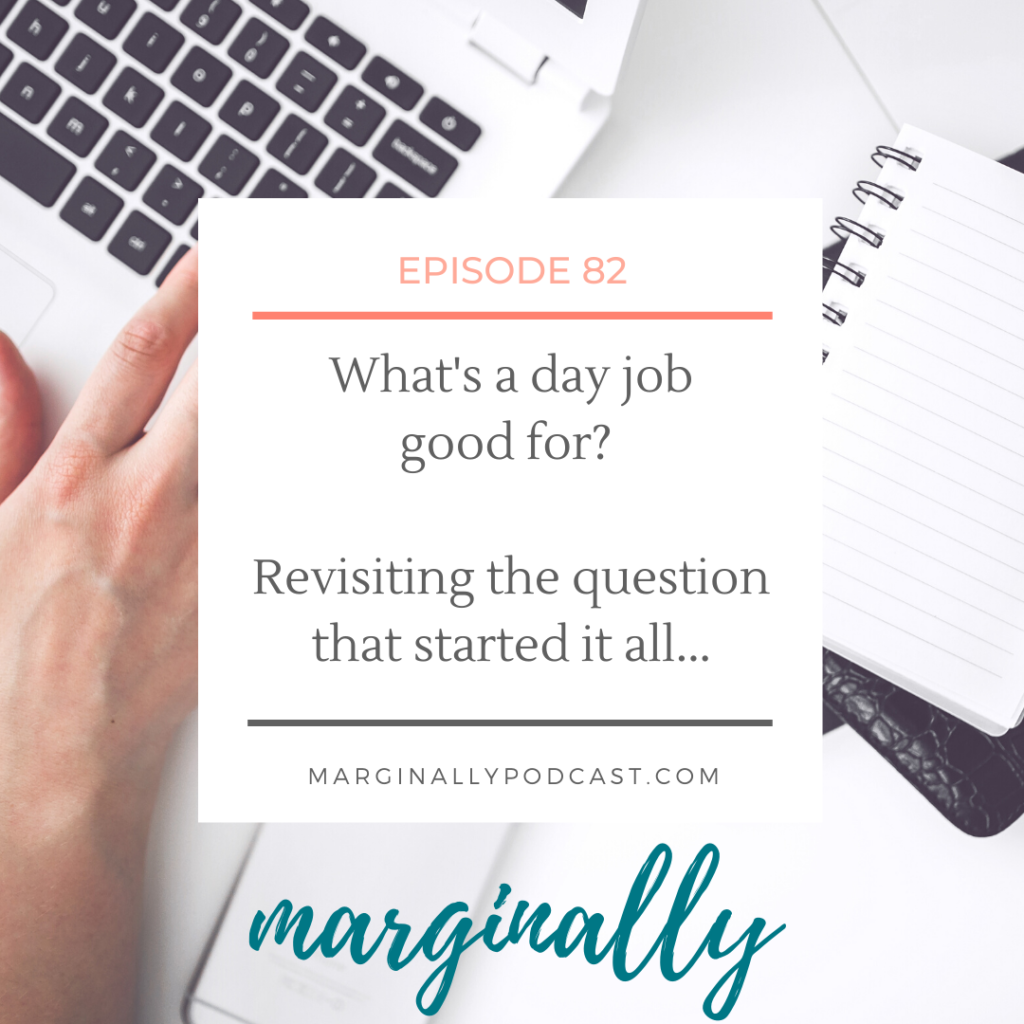… and an update after a long summer.
We wanted to take a second to talk to you after our long
silence, which has coincided with the pandemic and the amazing activism of the
Black Lives Matter movement, and … so much else.
Part of this silence was our regular break, which we usually
do over the summer, as long-time listeners will know. But part of this was
because, behind the scenes, we have been in conversations about institutional racism
just like so many other white people have been. In particular, we have been
talking a lot – and posting sometimes on our Instagram – about our
responsibilities in addressing institutional racism and injustice, both in our
personal lives, but also in the communities we form, on the platform that we
have on this podcast and in our writing. We haven’t just been thinking, but
also acting where we can: contacting our political leaders, supporting those
who have been harmed and calling for accountability from our politicians, from
institutions that we intersect with, and in our communities.
One of our original purposes in starting this podcast was to
find a community. There are so many writer spaces out there, but we couldn’t
find one that purposefully talked about what we wanted to talk about – keeping
your day job, writing alongside everything else, and letting all of those
things be part of your writer identity. The community we formed around that has
been the most rewarding part of this podcast (besides getting to talk to our
best friend every week or so).
That’s evolved, as these things do, and while we still are
interested in people’s day jobs, we’ve become interested more broadly in the
ways writing intersects with the rest of our lives, and the ways our capitalist
culture shapes the pursuit of art (precarity, hustle, gatekeeping). We’ve
become more and more interested in the ways artists have historically and
currently form communities, especially those formed outside of the various
power structures we exist inside – racist, capitalist, sexist, etc.
When we started, we made a commitment to make space for
other voices. It turns out, we failed. Our earlier seasons are more diverse,
but especially with the money season, as we were drawn to bringing expert
voices, we fell into the trap of gatekeeper culture, talking to people whom the
publishing world said were the experts. Which meant we talked to a lot of white
people. The folks we talked to are very lovely people, and most of them have
also been reevaluating how they take up space and who they choose to amplify.
We’re grateful we got to talk to them, but we’re also ashamed we didn’t do more
work to look farther. To approach more of those we identified outside of white spaces.
We are still on our summer break, and we are going to take a
bit more time with this to consider where questions of accountability and
justice intersect with our work and in how we build our community. We are also
taking all of these questions into our eventual Season 4, in which we’ll be
looking at historical collectives, as well as modern established and emerging
ones. The shape of the season will be a little different, too, with the bulk of
the interview episodes being released in the spring. This fall, we’ll still
have episodes, a mix of updates and a handful of interviews related more
generally to our original theme of work, writing, and friendship.
We’re newcomers to this space, so please, we welcome all feedback. We’ll make mistakes, and we want to know when we do. Also, while we have a good list to start from, we’re always on the lookout for more potential guests, so if you or someone you know is involved in creating a space for creative work, let us know!
Our email is podcast@marginallypodcast.com – please do feed back there or on Instagram or leave a comment on this website.
Podcast audio and show notes are here.



